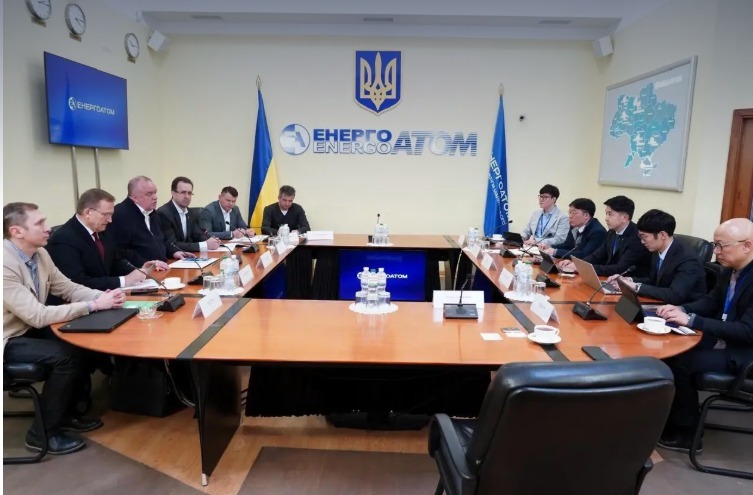
Stablecoin transactions in South Korea reached $41.3 billion in the first quarter of 2025, driven largely by Tether (USDT), according to new data from the Bank of Korea (BOK).
The data, submitted by the Bank of Korea to Cha Kyu-geun, a member of the National Assembly’s Strategy and Finance Committee, covers activity at the country’s five major cryptocurrency exchanges—Upbit, Bithumb, Korbit, Coinone, and Gopax.
Of the total, USDT accounted for $34.3 billion (83.1%), followed by USDC at $6.9 billion (16.9%). USDS recorded just $2.9 million in transactions.
This marks the first time the central bank has publicly disclosed detailed figures on stablecoin trading in the domestic market.
The BOK began collecting these statistics after South Korea’s crypto user protection law took effect in July 2024, giving the bank authority to request data from major exchanges.
Stablecoin volume surged in late 2024 following Donald Trump’s presidential election victory, which included campaign pledges to support the crypto industry.
Monthly trading jumped from $3.7 billion in September to $6.8 billion in October, $13.8 billion in November, and peaked at $22.9 billion in December.
The pace cooled in 2025, with volumes slipping to $17.9 billion in January, $14.5 billion in February, and $8.8 billion in March.
Daily average transactions followed a similar trend, rising from $126 million in September to $742 million in December, then easing to $284 million by March.
This trend closely mirrors the overall crypto market. According to CoinGecko, total daily crypto trading volume on the five exchanges jumped from about $2 billion in mid-2024 to over $11 billion by December, before declining to $3.8 billion in March 2025.
The Bank of Korea is also closely monitoring the emergence of Korean won-based stablecoins, raising concerns about their potential impact on monetary policy.
Bank of Korea Governor Lee Chang-yong warned last month that allowing non-bank entities to freely issue such coins could significantly undermine the effectiveness of monetary policy.
Lee emphasized that the issuance of a won-based stablecoin should start with regulated banks.
The BOK is currently conducting real-world testing through “Project Hangang,” a CBDC pilot that explores tokenized bank deposits for everyday payments.
The central bank is continuing close dialogue with domestic banks to advance CBDC development.
Governor Lee met with the heads of six major commercial banks in April and is expected to attend a Korea Federation of Banks board meeting later this month to further discuss the initiative.
















